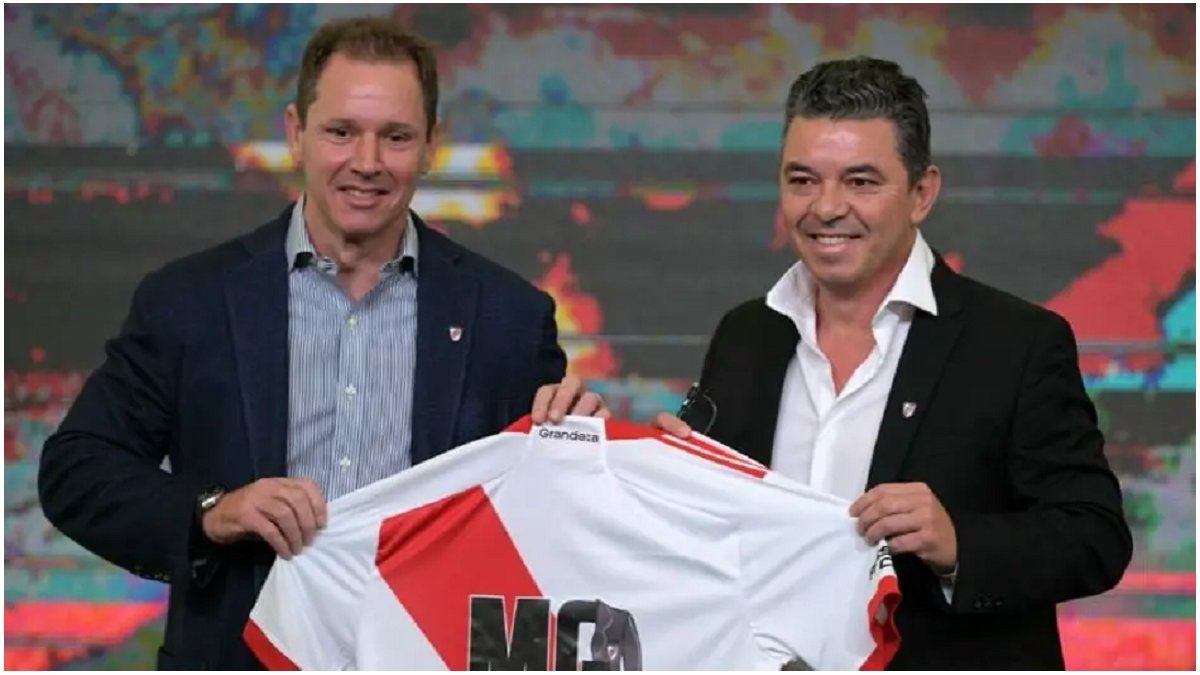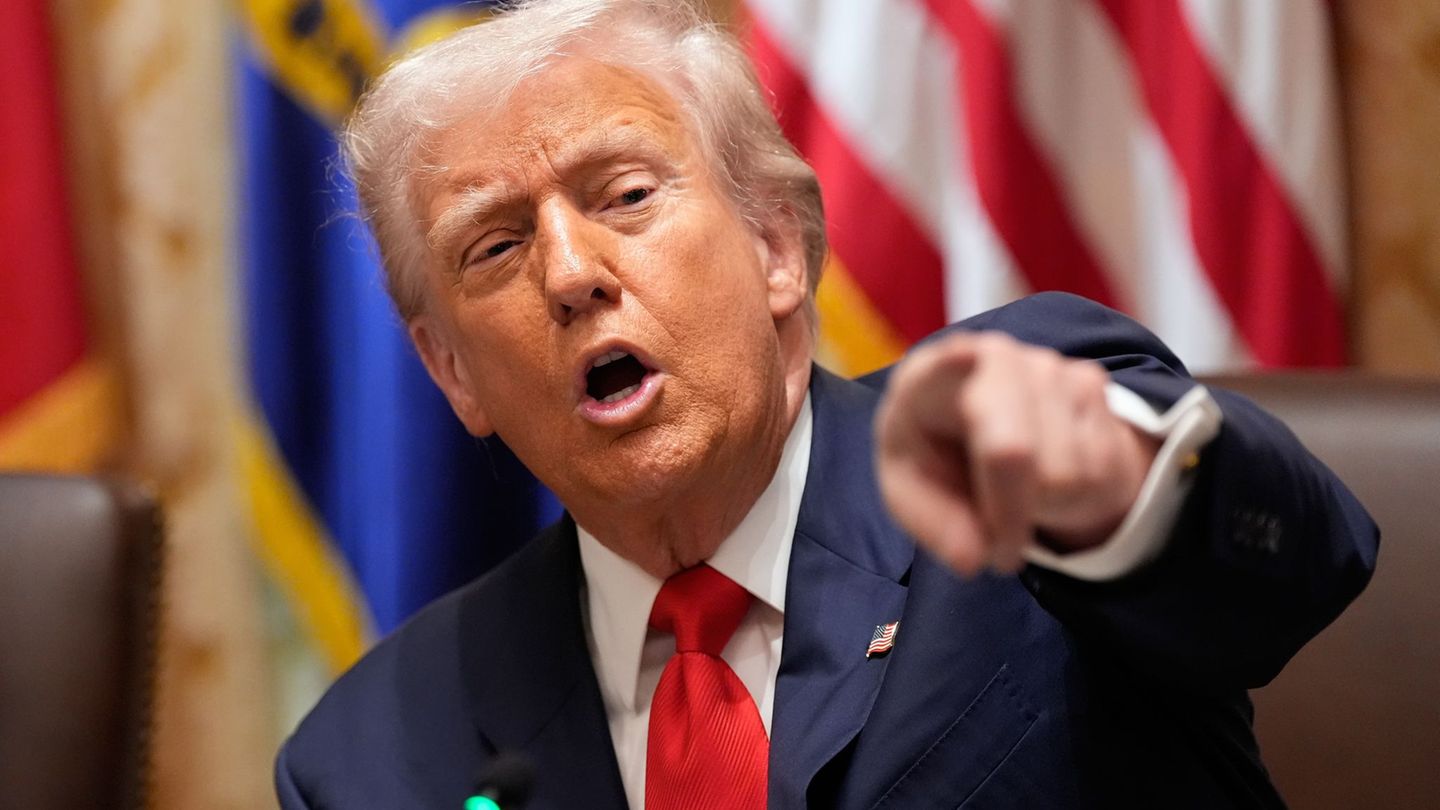The National Securities Commission (CNV) will publish a resolution this Monday enabling those over 13 years of age to carry out all iinvestment in the capital marketwith the permission and advice of the parents.
Until now, young people can invest in Common Investment Fundsfixed terms and virtual wallets. However, with this resolution it will be possible to buy Cedears, negotiable obligations, make guarantees, buy and sell shares or bonds, that is, much more sophisticated instruments with the express supervision of parents.
Currently, young people between 13 and 17 years old can open a savings account in pesos for free to access a debit card, make payments and make withdrawals at ATMs. Upon turning 18, this account can become your personal or work account at no additional cost.
Parents will be in charge of monitoring the behavior of the investments. But parents are also expected to have knowledge about these instruments to be able to carry out this control.
Current financial education programs
One of the keys for this initiative to be successful lies in the financial education. Starting in March next year, the City of Buenos Aires will include financial education programs in all public and private schools. This measure will seek to provide young people with the necessary tools to make informed decisions and avoid falling into scams or fraud, which are more common in digital environments.
investments finance markets stocks bonds vivo.jpg
The Government seeks to expand the amount of investments in the country
Depositphotos
In 2024, the BCRA promoted 26 financial education courses with more than 15,000 registered, in coordination with ministries and national organizations of eleven provinces (La Pampa, Neuquén, Misiones, Chaco, Tierra del Fuego, La Rioja, Santa Fe, Chubut, Río Negro , San Luis and Entre Ríos), financial entities (Banco de la Nación Argentina, Banco Provincia del Neuquén, Nuevo Banco del Chaco, Banco de Tierra del Fuego, Banco Rioja and Banco del Chubut) and universities.
Through the program ““Financial Education in the Classroom” (EFA), also promoted the training of teachers and students.
Meanwhile, in mid-2024, the Working Group for Financial Education Initiatives (GTIEF) was formed with the participation of the BCRA, banking, fintech and credit card associations. The GTIEF aims to promote content and teaching materials on financial education.
Source: Ambito




